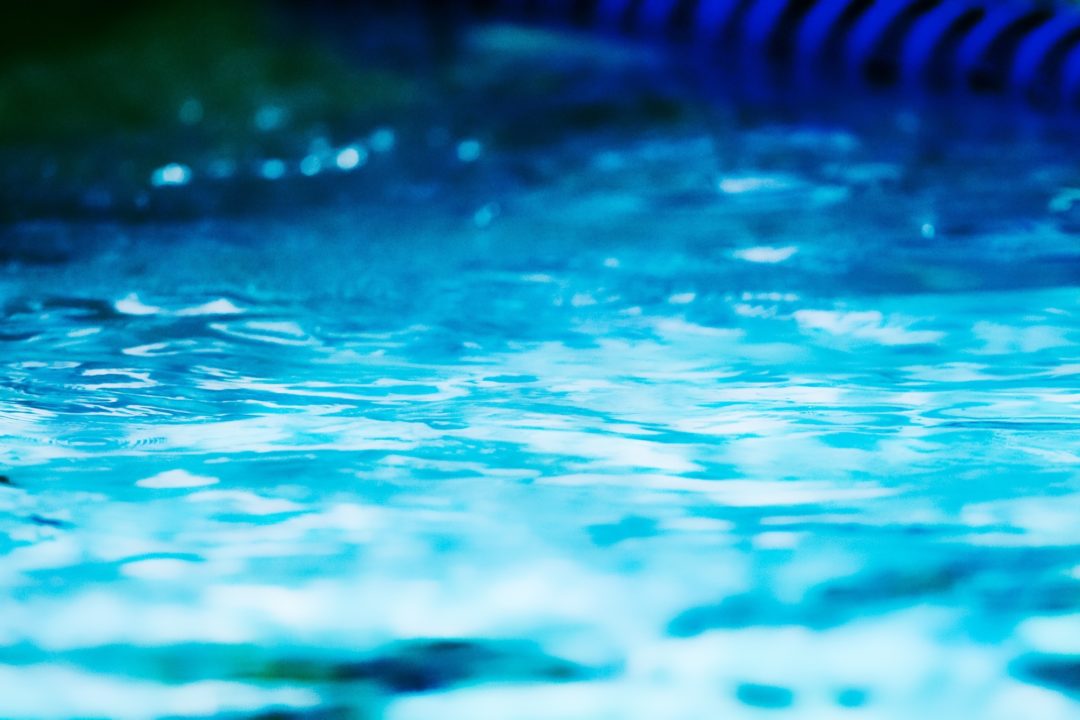The New Zealand hosts of the 2014 Oceania Championships continued to look like the best team on the 2nd day of this regional event. For the second day in a row, across 11 events, New Zealand took 6 gold medals and Australia 5, which brings their respective totals to 12 and 10 halfway through this full-schedule, long course meet.
Natasha Hind started the day off in 4:51.46 for New Zealand in the women’s 400 IM, ahead of 19-year old countrymate Helena Gasson. This was a very sparsely-participated race, with no Australians, leaving Hawaii to pick up their 2nd medal of the meet – a bronze from 17-year old Lena Hayakawa in 5:16.64.
The men’s race saw a deeper field, but that didn’t stop the New Zealand dominance – they occupied the entire podium with a 1-2-3 finish led by Nathan Capp (4:26.24) and followed by a pair of teenagers for silver and bronze.
Next up, the Kiwis took a 3rd-straight victory, and really showed off their youth, in the women’s 50 backstroke. 14-year old Gabrielle Fa’amausili, the defending Junior World Champion in the same, won in 28.77 – just off of her world-winning time from last year. Not far behind her was another New Zealand 14-year old, Bobbi Gichard, in 29.16. Those two could develop a nice little rivalry to continue pushing each other to stardom over the next decade.
Australia’s Lucy McJannett was 3rd in 29.43.
In the men’s 50 backstroke, Australia returned the favor of youth, with a 26.60 from Nicholas Groenewald and a 27.14 from Nicholas Brown breaking the early New Zealand streak on Wednesday. Hawaii’s Makoa Alvarez earned his second medal of the meet, finishing 3rd in 27.22.
Groenewald so far has won both the 50 and the 100 backstroke: an event in which New Zealand is fairly weak without Gareth Kean (who’s not at this meet).
That kicked off a bit of a run for the Australians. Ami Matsuo (55.18) and Chelsea Gillett (55.86) took a 1-2 finish in the women’s 100 free; for Matsuo, that’s not a lifetime best, but starting to add these international wins to her resume is the last stepping stone she needs to really get over the hump and into Australia’s top-tier meet squads for Worlds in 2015 and the Olympics in 2016.
Young Kyle Chalmers, the best sprinter of his age in Australia’s history, took his second big international medal with a 50.71 in the men’s 100 freestyle. That’s again not a best time for him, but it’s a good follow-up a month after his taper meet at the Australian Age Championships and in between that and the Youth Olympics: his focus event.
He adds this win to an earlier title in the men’s 50 fly.
Following three-straight for Australia, New Zealand got back in the win column with a 1:12.49 breaststroke from Beckie Dooley. She was followed by 17-year old teammate Jane Ip (1:13.41) and 15-year old Hawaiian Madison Balish (1:14.23). That’s not a lifetime best for Balish, though she should be chasing the Hawiian age group record in the next 18 months (she’s only three-tenths of a second away already).
Ben Walsh took the men’s 100 breaststroke right after, another New Zealand win, in 1:02.81. Julian Layton, also of New Zealand, was 2nd in 1:03.05, and the top Australian Jake Baggaley was a bit back in 1:05.18.
A new event at this year’s meet, following the global trend, is a mixed 200 medley relay. In that event, New Zealand took both the gold and the bronze, sandwiched a second-and-a-half to either side of Australia’s top squad.
In the single-gender 800 free relays, however, though New Zealand showed off depth, Australia was far too strong at the top. Their women won in 8:05.12, and the men took gold in 7:34.83. New Zealand’s men were heavily favored in the final event of the day, but the A-relay DQ’ed.
